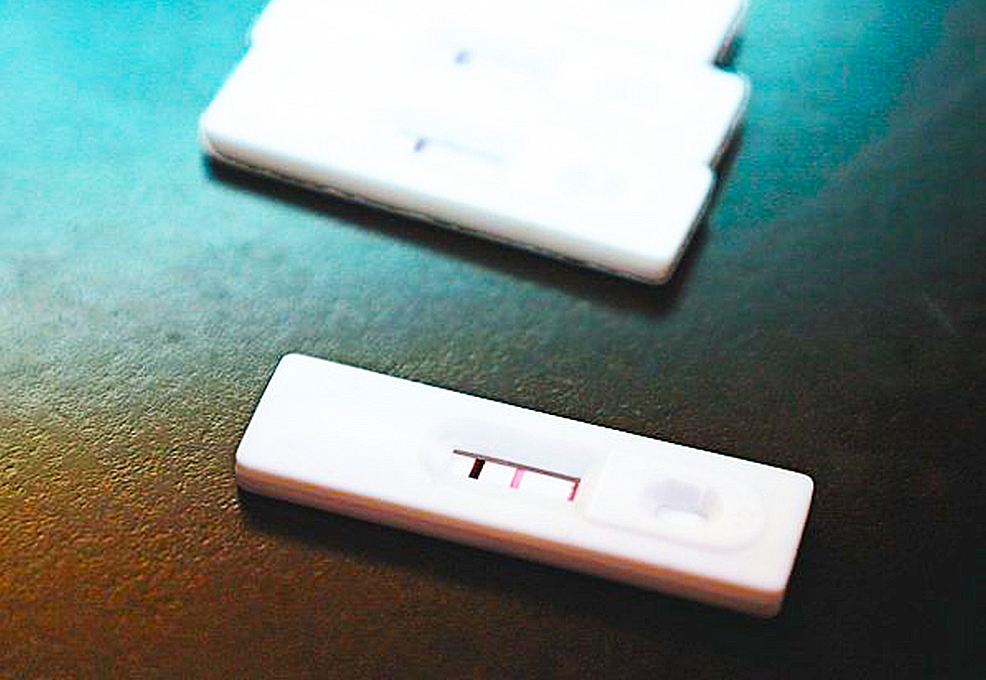Accelerating Towards a New Future in Precision Medicine Together with TIRI

Author(s)
An-Suei YangBiography
Dr. Yang obtained his Ph.D. from the Chemistry Department of Johns Hopkins University (1981~1987) and continued his postdoctoral training at the Physics Department in University of Virginia (1987~1988). He moved to Columbia University Department of Biochemistry and Molecular Biophysics and Columbia Genome Center (1988~2000) to work on protein structure and function computation and bioinformatics. Before Dr. Yang joined Academia Sinica in 2004, he was an assistant professor of pharmacology in the College of Physicians and Surgeons at Columbia University (2000~2004) with a joint position in the Columbia Genome Center. From 2004, in the Genomics Research Center of Academia Sinica, Dr. Yang was an associate research fellow, research fellow, deputy director, and division director of the Physical and Computational Genomics division. Dr. Yang and his research team implemented state-of-the-art phage-based protein display systems and computational methodologies harnessing the power of rapidly expanding bioinformatics databases and molecular simulations. The synergy is an antibody design and engineer platform aiming at systematically generating antibodies for important biomedical applications beyond the limitation of natural antibodies.
Academy/University/Organization
Academia Sinica-
TAGS
-
Share this article
You are free to share this article under the Attribution 4.0 International license
- LIFE SCIENCES
- Text & Image
- January 15,2021
Dr. An-Suei Yang, who is a research fellow at the Genomics Research Center in Academia Sinica, and his research team in Academia Sinica are among the first to develop diagnostic antibodies against the nucleocapsid (N) protein of SARS-CoV-2. These monoclonal antibodies bind specifically to the N proteins of SARS-CoV-2 and SARS-CoV; none of these antibodies bind the other N proteins of human coronaviruses. The research team aimed to develop a rapid immunoassy test kit that could detect coronavirus antigens in only 20 minutes without instrumentation or trained personnel, with the cost and utility of a rapid influenza LFIA (lateral flow immunoassay) test. The research team accomplished the feat in just 19 days, by working with artificially designed phage-displayed synthetic antibody libraries. The antibody libraries were designed with the assistance of artificial intelligence; the antibody DNA was chemically synthesized, and the repertoires of the antibodies were expressed with phage display systems in bacteria. The novel approach that the research team used avoided immunizing animals to obtain monoclonal antibodies, and hence reduced the usual timeframe of developing LFIA devices by several months. The research team is now working on optimizing the LFIA prototypes and transferring the prototype and associated technologies for mass production of the devices by domestic and international companies and for regulatory approval of use in clinical settings.
The SARS-CoV-2 (severe acute respiratory syndrome coronavirus 2) outbreak in late 2019 in Wuhan, China has led to the global COVID-19 (coronavirus infectious disease 2019) pandemic, declared by the World Health Organization on March 11, 2020. During the outbreak of the infectious disease, tests to detect infected patients are urgently needed. One kind of test for antigens with lateral flow immunoassay (LFIA) devices could provide infection information for disease treatment and prevention without additional facilities or instrumentation, and with a turnaround time of 15-20 minutes – much like existing rapid influenza diagnostic tests. This kind of test is of particular value for infectious disease outbreak control in regions with insufficient resources. The key component of a LFIA device is the capture and detection antibody pair binding of the target antigen with high affinity on two distinctively separate epitopes on the antigen. Because attaining suitable antibodies could be time-consuming and labor-intensive, the LFIA devices are usually the most difficult to be deployed in time to contribute to mitigating infectious disease outbreaks.
Developing the antibodies suitable for the COVID-19 infection LFIA with a newly patented approach developed in our lab, we are among the first to accomplish a group of monoclonal antibodies (mAbs) against the nucleocapsid (N) protein of SARS-CoV-2, which could form the basis of rapid antigen tests with sandwich immunoassays. We generated antibodies that recognize both SARS-CoV-2 and SARS-CoV N proteins. None of the mAbs bind the nucleocapsid proteins of the other human coronaviruses. Our group accomplished the feat in just 19 days, by working with our own established antibody libraries, which had been designed with artificial intelligence models trained on antibody-antigen interactions, constructed with chemically synthesized DNA, and expressed and then stored with phage display systems. The antibody discovery processes were carried out in bacterial cultures, without the need for animal facilities, thus mitigating time, material and environmental costs while enabling successful development of useful monoclonal antibodies. Avoiding the conventional method of immunizing animals to obtain and screen monoclonal antibodies shaves several months off the usual time frame of developing a LFIA device. After completing the mAb development, our group completed a LFIA device prototype within one month. We began the technology transfer of the LFIA prototype for manufacturing on April 10, 2020, three months after the release of the genomic sequence of COVID-19. This work establishes a technological platform for rapidly developing LFIA devices for responding not only to the current COVID-19 pandemic but also for managing other infectious disease outbreaks in humans and animals. Indeed, we have applied the technological platform for developing LFIA devices to the avian influenza virus antigen in 2016 and to the African swine fever virus antigen in 2019.
We envision that the technical platform would drive the advantage of competitiveness confronting the biotech industry worldwide, in particular in the discoveries of novel antibodies against conventionally difficult antigens of significant biomedical applications. We anticipate ushering in a shift in the antibody development paradigm from the usage of black box animal immune systems to rational antibody development with an in silico design of antibody repertoires. Developing solutions in response to the challenges from the COVID-19 pandemic, we have demonstrated that the vision of the paradigm of antibody engineering is beginning to contribute to solving the urgent needs when the world is in crisis. In the foreseeable future, treatments of diseases with novel antibody-based diagnostics and therapeutics could arise from the vision that is driving the innovations in the new antibody developments.
STAY CONNECTED. SUBSCRIBE TO OUR NEWSLETTER.
Add your information below to receive daily updates.




